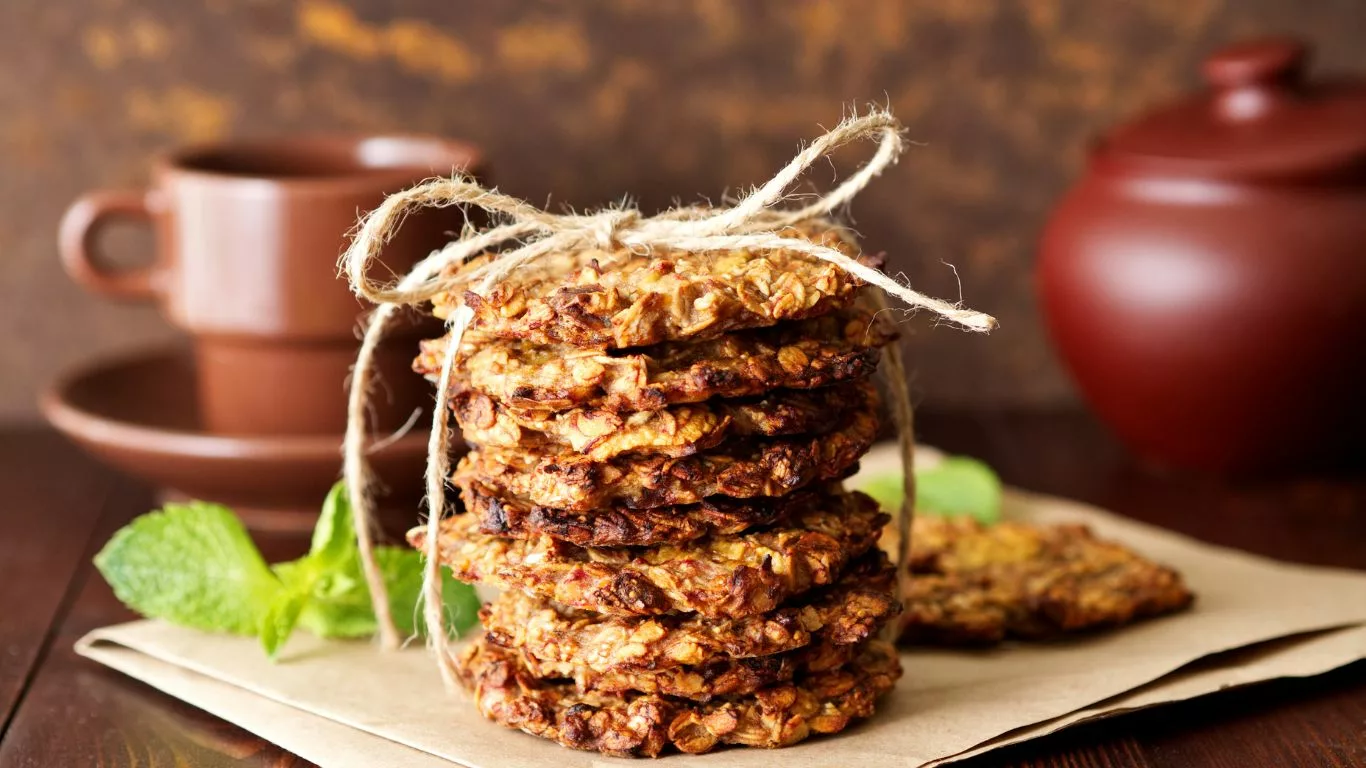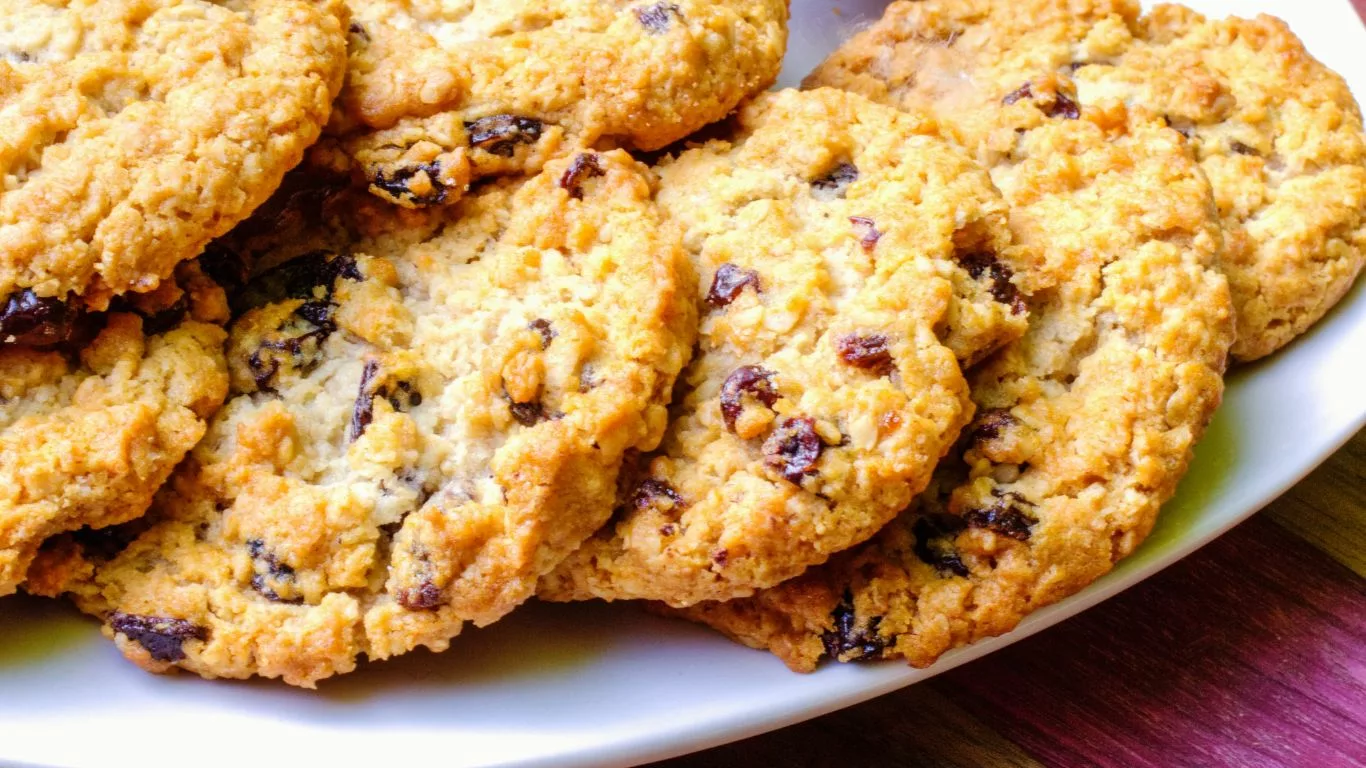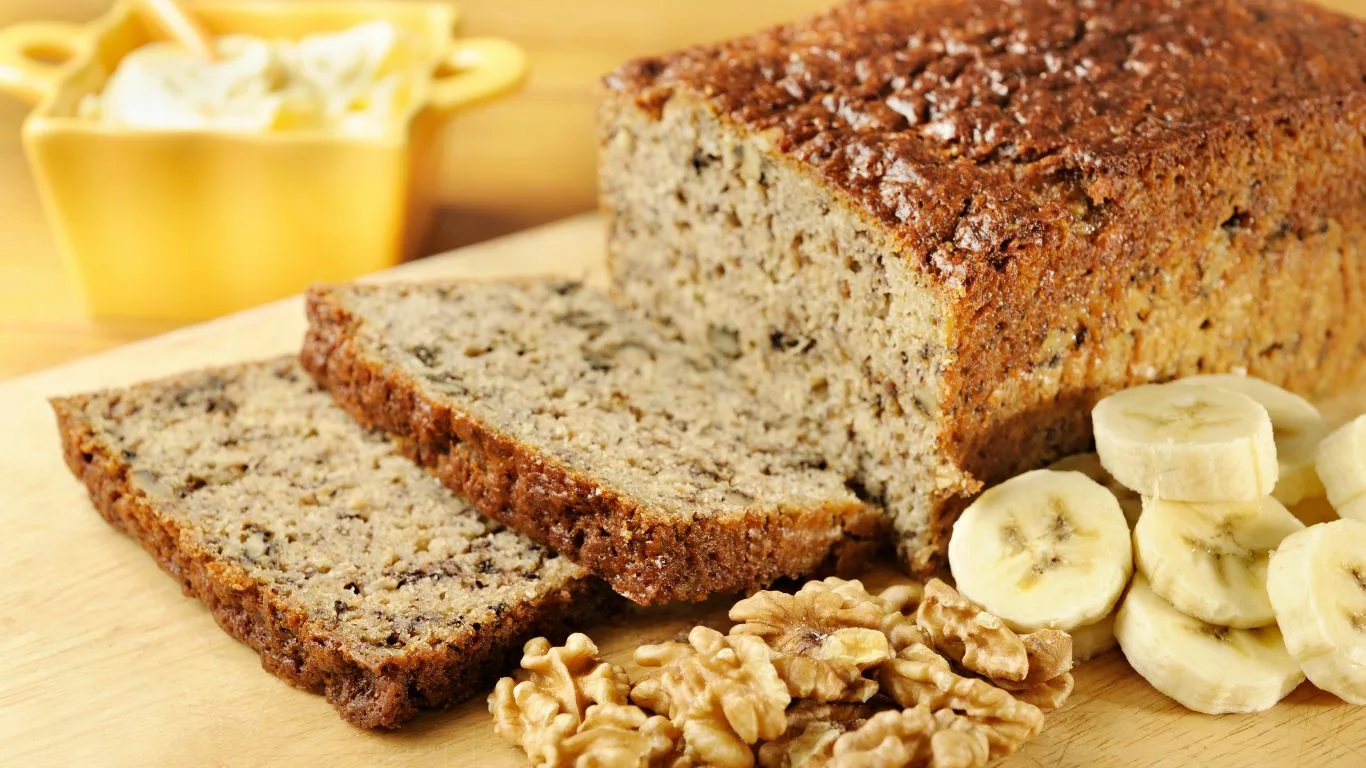What Sweets Can You Eat with Acid Reflux? – Sweet Relief
Explore sweet options suitable for acid reflux sufferers. Discover alternatives that offer relief without exacerbating symptoms in this comprehensive guide.
Choosing Acid Reflux-Friendly Sweets
When selecting sweets suitable for acid reflux, it’s essential to consider ingredients and their potential to trigger symptoms. Opting for treats with low acidity, minimal fat content, and moderate sweetness can help minimize discomfort. Here are some options to consider:
Oatmeal Cookies
Oatmeal cookies made with whole oats and minimal added fat can be a comforting and gentle option for individuals with acid reflux. Oats are low in acidity and high in fiber, which can aid digestion and promote satiety without causing irritation.
Banana Bread
Banana bread, when prepared with ripe bananas and minimal added sugars, can be a delightful treat for those with acid reflux. Bananas are naturally low in acidity and contain pectin, a soluble fiber that may help alleviate digestive discomfort.
Marshmallows
Surprisingly, marshmallows can offer relief for some individuals experiencing acid reflux symptoms. These soft, gelatin-based sweets may help coat the esophagus, providing a soothing effect. Opt for plain marshmallows without added flavorings or coatings for the best results.
Angel Food Cake
Angel food cake, made primarily with egg whites, sugar, and flour, is a light and airy dessert that is often well-tolerated by those with acid reflux. Its low-fat content and minimal acidity make it a suitable option for satisfying a sweet tooth without triggering discomfort.

Enjoying Sweet Treats Mindfully
While these sweets may offer relief for some individuals with acid reflux, it’s crucial to consume them in moderation and pay attention to personal tolerance. Here are some tips for enjoying sweet treats mindfully:
Portion Control
Stick to small portions when indulging in sweets to avoid overloading your digestive system. Enjoying a single serving can provide satisfaction without exacerbating acid reflux symptoms.
Timing Matters
Consider the timing of your sweet treat consumption. Avoid eating sweets close to bedtime, as lying down shortly after eating can increase the likelihood of acid reflux symptoms. Aim to enjoy sweets earlier in the day to allow ample time for digestion before lying down.
Stay Hydrated
Drink plenty of water when enjoying sweet treats to help dilute stomach acid and aid digestion. Hydration is essential for maintaining overall digestive health and can help alleviate symptoms of acid reflux.

Conclusion
While navigating life with acid reflux may require dietary adjustments, it doesn’t mean giving up sweets entirely. By choosing options that are low in acidity, moderate in sweetness, and consumed in moderation, individuals with acid reflux can still enjoy delicious treats without compromising their digestive comfort.
Experimenting with different sweets and paying attention to personal tolerance can help identify which options work best for managing acid reflux symptoms. Remember to prioritize overall dietary balance and consult with a healthcare professional for personalized advice and recommendations.
Appendices
References
For further exploration of the topic of sweets suitable for acid reflux sufferers, consider reviewing the following references:
- Savarino, E., Marabotto, E., Zentilin, P., Furnari, M., Bodini, G., & Pellegatta, G. (2019). Dietary Restriction: Could It Be Considered as Speeding up the Progression of Achalasia? Journal of Neurogastroenterology and Motility, 25(4), 555–556. Read Article
- Talley, N. J., & Ford, A. C. (2020). Functional Dyspepsia. New England Journal of Medicine, 383(19), 1863–1873. Read Article
- Lee, S. Y., & Park, S. (2014). The Effect of Dietary Pattern on Gastroesophageal Reflux Disease. Journal of Neurogastroenterology and Motility, 20(1), 79–82. Read Article
- Kahrilas, P. J., Shaheen, N. J., Vaezi, M. F., Hiltz, S. W., Black, E., Modlin, I. M., & Johnson, S. P. (2008). American Gastroenterological Association Medical Position Statement on the Management of Gastroesophageal Reflux Disease. Gastroenterology, 135(4), 1383–1391. Read Article
FAQs
Here are some frequently asked questions about sweets suitable for individuals with acid reflux:
- Are there any sweets that are safe for individuals with acid reflux? Yes, there are several sweets that may be suitable for individuals with acid reflux, such as oatmeal cookies, banana bread, marshmallows, and angel food cake. These options are low in acidity and fat, making them gentler on the digestive system.
- How can I enjoy sweet treats without exacerbating my acid reflux symptoms? To enjoy sweet treats without worsening acid reflux symptoms, opt for options that are low in acidity and fat, consume them in moderation, and pay attention to portion sizes. Additionally, avoid eating sweets close to bedtime and stay hydrated to aid digestion.
- Can I still indulge in sweets if I have acid reflux? While individuals with acid reflux may need to be mindful of their sweet treat choices, many can still enjoy desserts in moderation. Experimenting with different options and paying attention to personal tolerance can help identify which sweets work best for managing acid reflux symptoms.
Related Table
Here’s a summary table of key information regarding sweets suitable for individuals with acid reflux:
| Sweet Treat | Description |
|---|---|
| Oatmeal Cookies | Cookies made with whole oats and minimal added fat, providing comfort without exacerbating symptoms. |
| Banana Bread | A moist bread made with ripe bananas and minimal added sugars, offering a gentle option for those with acid reflux. |
| Marshmallows | Soft, gelatin-based sweets that may help coat the esophagus and provide a soothing effect for some individuals. |
| Angel Food Cake | A light and airy cake made primarily with egg whites, sugar, and flour, suitable for those seeking a low-fat, low-acidity option. |
Note: Individual responses to these sweets may vary, and it’s important to listen to your body and consult with a healthcare professional if you have specific dietary concerns or medical conditions.
Disclaimer: The information provided in this article is for educational and informational purposes only. It is not intended to be a substitute for professional medical advice, diagnosis, or treatment. Always seek the advice of your physician or other qualified health provider with any questions you may have regarding a medical condition. Never disregard professional medical advice or delay in seeking it because of something you have read in this article. Reliance on any information provided in this article is solely at your own risk.

Camellia Wulansari is a dedicated Medical Assistant at a local clinic and a passionate health writer at Healthusias.com. With years of hands-on experience in patient care and a deep interest in preventive medicine, she bridges the gap between clinical knowledge and accessible health information. Camellia specializes in writing about digestive health, chronic conditions like GERD and hypertension, respiratory issues, and autoimmune diseases, aiming to empower readers with practical, easy-to-understand insights. When she’s not assisting patients or writing, you’ll find her enjoying quiet mornings with coffee and a medical journal in hand—or jamming to her favorite metal band, Lamb of God.








